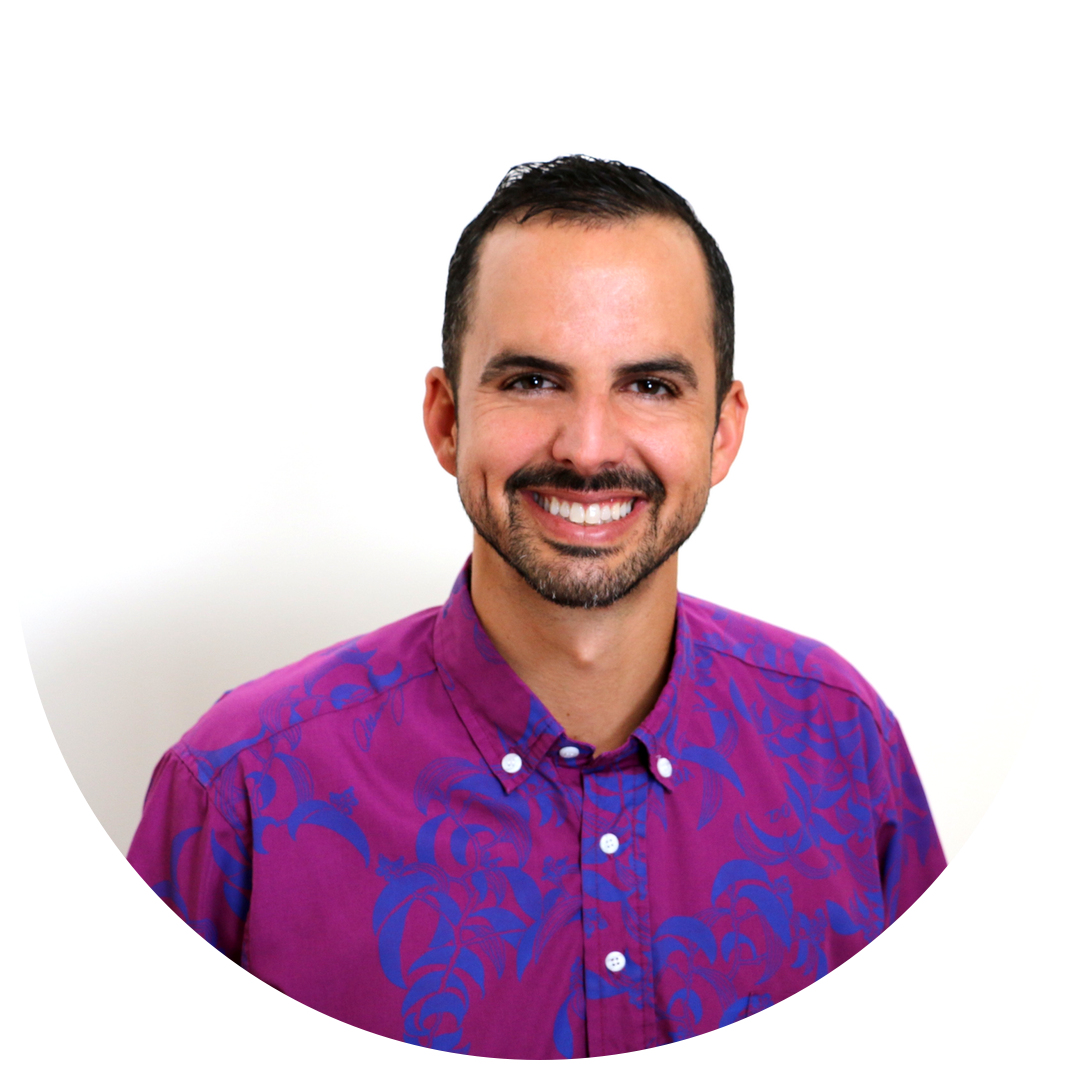The best plan for a particular person will reflect that person’s unique circumstances and give that person peace of mind.
People sometimes talk about wills, trust documents, powers of attorney, advanced healthcare directives, and other legal documents as though such documents comprise an estate plan. Legal documents are simply the tangible part of an estate plan. Done right, estate planning is much more than just that.
To have value, estate planning documents must reflect the person’s informed decisions. And for that to happen, the person must first consider the legal issues that are relevant or potentially relevant to that person’s unique circumstances; understand each of the relevant options; and make choices that reflect that person’s values and goals.
My mother entertains children professionally with what she calls fun magic. I remember the first time she explained to me, “It’s not the wand that’s magic; it’s the moves of the magician.” I feel similarly about legal documentation being secondary to the interaction between experienced estate planners and their clients.
If a person wanted simply to end up with an impressive set of documents, that person could use Legal Zoom or some other document-assembly tool to accomplish that goal, and do so with minimal cost. The most obvious danger with such shortcuts is that standardized legal forms in the wrong hands can do more harm than good (picture a loaded gun).
A will or trust document can be a beautiful thing to behold, but it if does not fit a specific person’s circumstances (including his or her non-financial goals and personal values), that document has the potential not just to facilitate the wrong outcome, but to do so in a way that creates a legal mess for the person’s loved ones.
BASIC ESTATE PLANNING DOCUMENTS
The overarching goal of any estate plan should be peace of mind. Experienced estate planners help clients achieve this goal by asking good questions and listening closely as the client tells his or her personal story, including family relationships, financial circumstances, known goals, core values, hopes and fears. Only then can the planner identify and explain the client’s viable options.
Inexperienced estate planners sometimes assume that the client wants whatever the planner would want in the same set of circumstances, or that the client wants what the author of a one-size-fits-all formbook assumed that a “typical” client would want. One-size-fits-all thinking can result in an impressive stack of documents that simply do not fit that particular person.
That is why Just Ask John posts about specific planning strategies always end with cautionary words such as these: Because individual circumstances vary considerably, the information provided in this column is not intended and should not be treated as legal advice.
John Roth is the founder of Hawaii Trust & Estate Counsel, a statewide estate planning law firm with offices in Waimea, Hilo, Kona, and Honolulu. He has taught Estate Planning at the Richardson School of Law, and business law courses at the University of Hawaii—Hilo. He has resided in North Hawaii since 2008.
Learn more about John and the other attorneys at Hawaii Trust & Estate Counsel.
MORE ON THE BLOG:
What is estate planning and do I need it?
Can I legally ensure that my pet is cared for after I die?
SUBSCRIBE TO OUR QUARTERLY NEWSLETTER FOR UPDATES ON ESTATE PLANNING LAW AND OUR FIRM.




Join estate planning attorney John Roth in Kona on Thursday, August 7, 2025, from 9-11 am for an in-person seminar on Estate Planning. Learn about how a will, trust, or advance healthcare directive can help plan for the future.